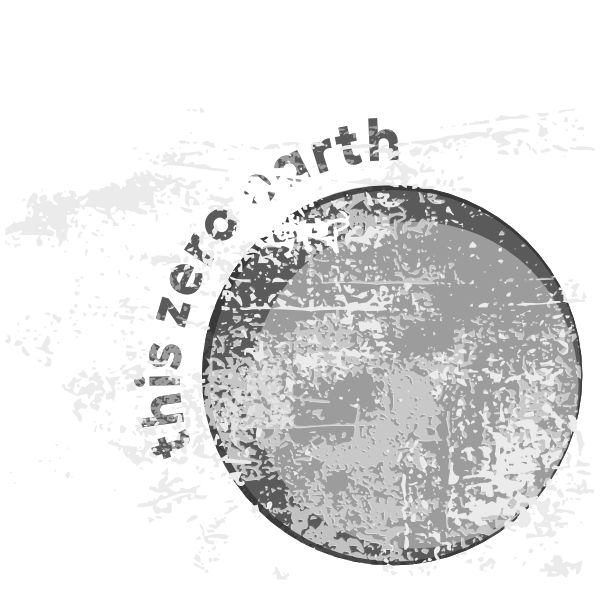
Vignette #6— A conversation
- That's the thing. There's the things I was working on and—the other one. We didn't talk about it because there was too much risk involved. Risk that it wouldn't work. Risk that it would work, risk that others would find out. That's where I put the money, the large part of it.
- We called it the Resource Miner program.
- What was it?
- In simple terms, nanotech. Atomic scale machines. More specifically, atomic scale resource hunting replicators.
- ?
- We wanted something capable of mining resource, efficiently, remotely, at scale. People are hard work. They're soft, they get sick, they die. Normal mining is big, inefficient, wasteful. Hundreds of tonnes of material are smashed and dumped just to get a few atoms of something critical. So imagine you have something small, not just small but tiny —atomic scale—just enough to seek and manipulate elements. With just enough energy to do the task. And with the ability to use that materiel to create further Resource Miners.
- That's it?
- That's the start, anyway. You start with a few. Let them get to work. Probably, most of them won't last. They'll run out of energy. Malfunction. Get stuck. Or, most likely, not find enough resource to carry on and end up in stasis. Regardless, one or two of them will work, enough to create more. The few turns into the flood.
- Then, you have enough of them, and you have surplus resource, you harness the network effect. Role differentiation. Like cells, in a human body. At first they're all the same—then some become bone, muscle, brain. The resource miners, they become seekers, extracters, transporters. They're not just mining, they're hunting it down, route planning, shifting materiel to other locations.
- Then, more. The flood becomes an unstoppable wave, a tsunami. They become other. Generators. Manufacturers. Communicators. They can construct machines—macro-scale machines. And more, they become Processors. Once you have differentiation, you have connection at scale. Computing power without limits. They get—to decide—how to do their job—and do it well.
- And what happened?
- I had to end it. I had to end it hard and fast, and make sure nobody knew.
- Why?
- The tide was turning against us. People were not ready, not willing, to consider this sort of technology. There were many, too many, reasons why humans do not want this technology to exist. It's too uncontrollable. Undetectable. Unpredictable. Even testing it became impossible. The project, it cost us billions—it cost *me* billions. And I shut it down. Nobody even had to know. Nobody was ever told. The people who worked on it, on the program—well, when the Great Darkness hit, it didn't really matter any more. They didn't have a way to share what we'd been doing anyway.
- What did you do with it?
- The Resource Miner?
- Yes—
- I don't know if I can even tell you that.
- Does even it matter any more?
- Probably, no. It probably doesn't.
- So?
- So?
- So what did you do with it.
- I—I—Sent it in to space—
- Imagine this tiny particle, sent in to space. It was launched on a rideshare, embedded in the heart of a small probe, travelling on a vector towards the asteroid belt. The target wasn't random, I spent months selecting the right one. An asteroid with the right combination of minerals, of elements. Throughout the journey the probe dissipated, lost mass. Until there was little more than a tiny particle, a tiny programmatic cell, drifting towards that target. A voyage that could take months, or years, or decades, it didn't matter to me.
- Just one?
He chuckled.